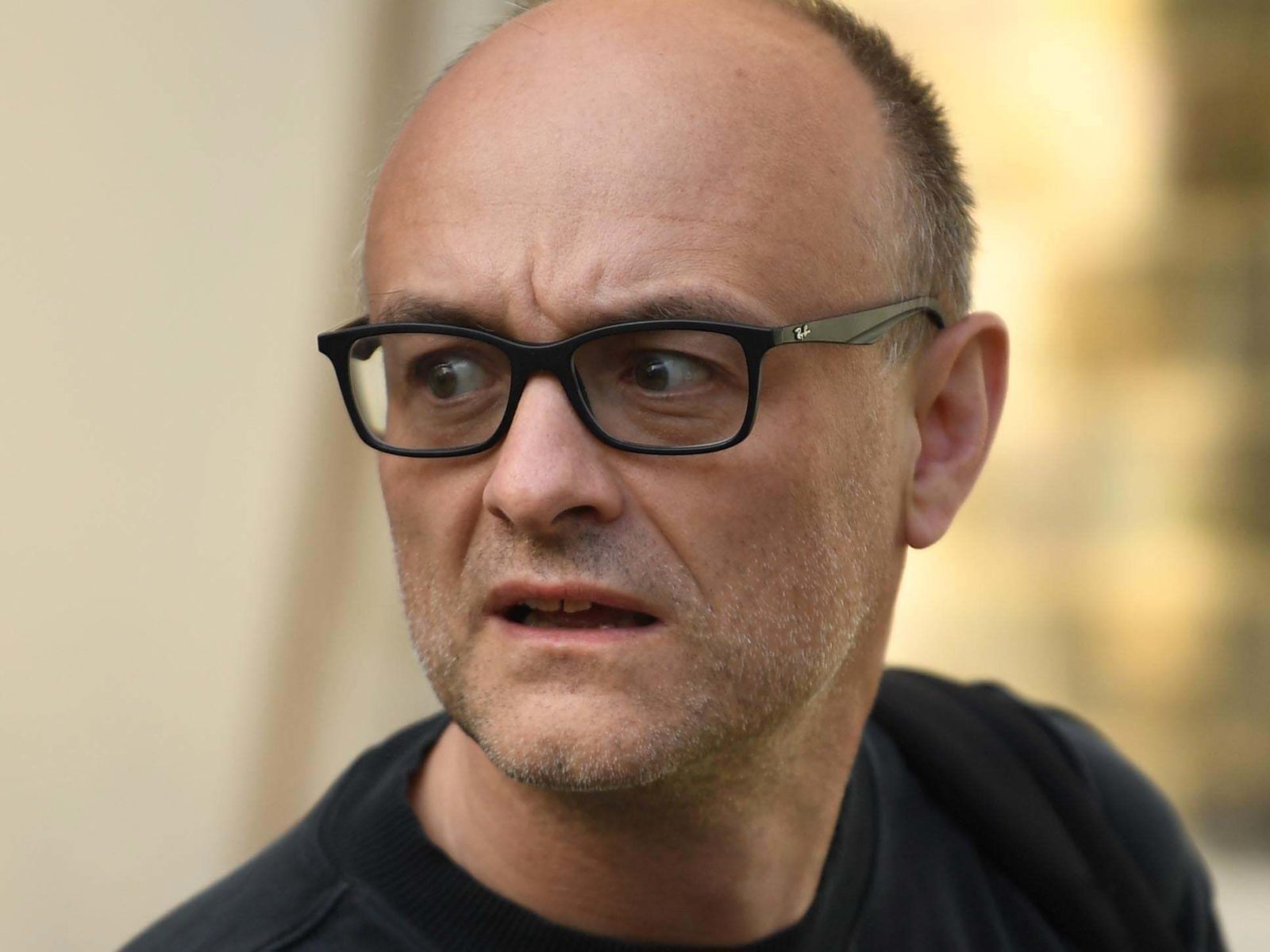Dominic Cummings: All About The Political Leader
Controversies are not new for UK Prime Minister Boris Johnson’s Chief Adviser Dominic Cummings.
Most importantly, he played a crucial role in the Vote Leave campaign during the 2016 Brexit referendum. He was the one who made Brexit happen. He has yet again provoked many including Conservative MPs who called for his resignation very recently.
More about Dominic Cummings, his background, latest controversies and his interesting thoughts.
First Things First, What Is The Latest Controversy Revolving Around Dominic Cummings?
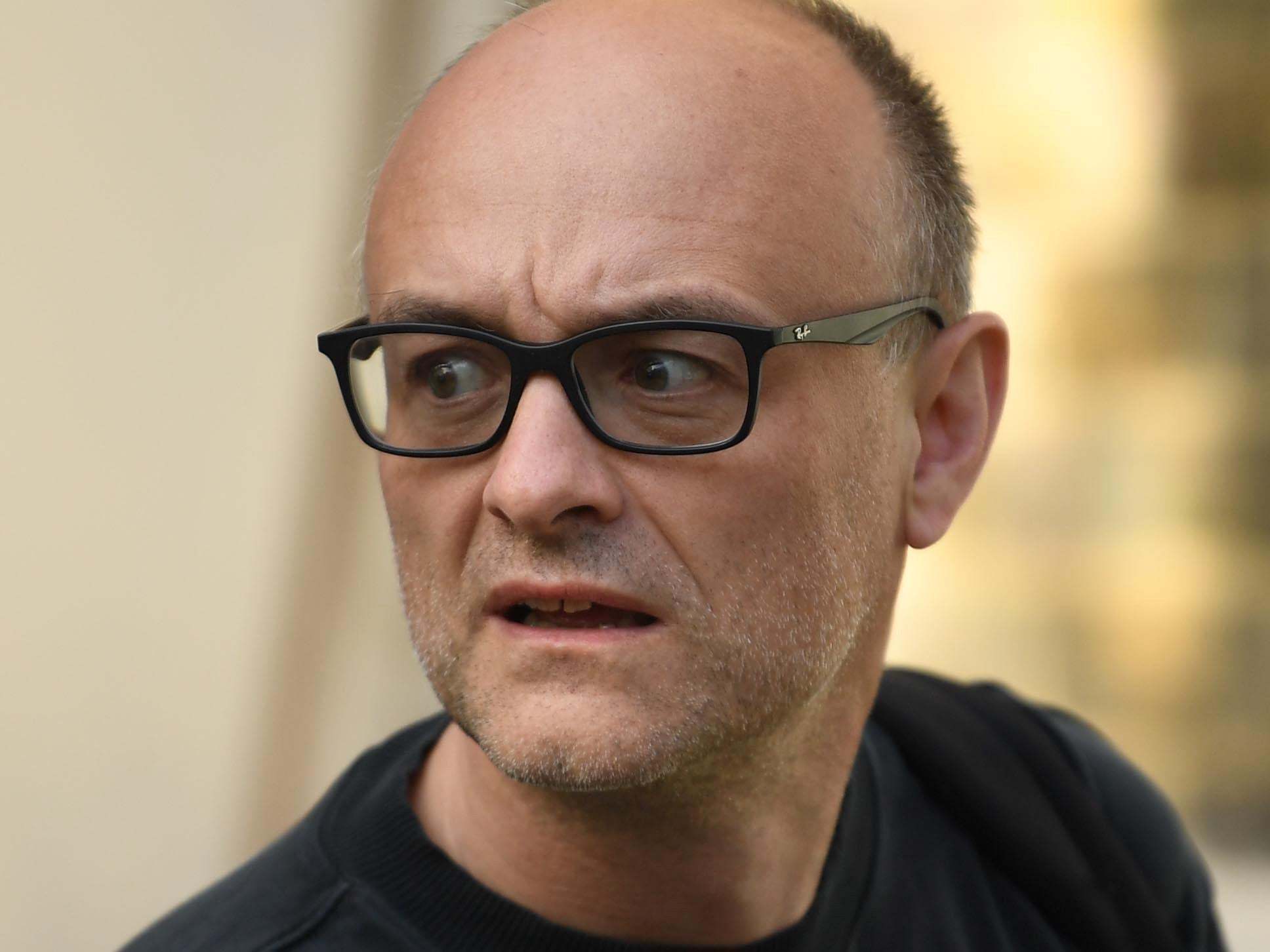
Image Source/The Independent
Alarmingly, he breached the coronavirus lockdown rules by driving from London to Durham with his family. On 27 March, the Chief Aide got a call from his wife who was ill and was taking care of their four-year-old son.
So, they decided to go to his parent’s farm in County Durham, in the Northeast of England. Apparently, he worried about the worst-case scenario.
“I was worried that if my wife and I were both seriously ill, possibly hospitalised, there was nobody in London we could reasonably ask to look after our child and expose themselves to COVID.”
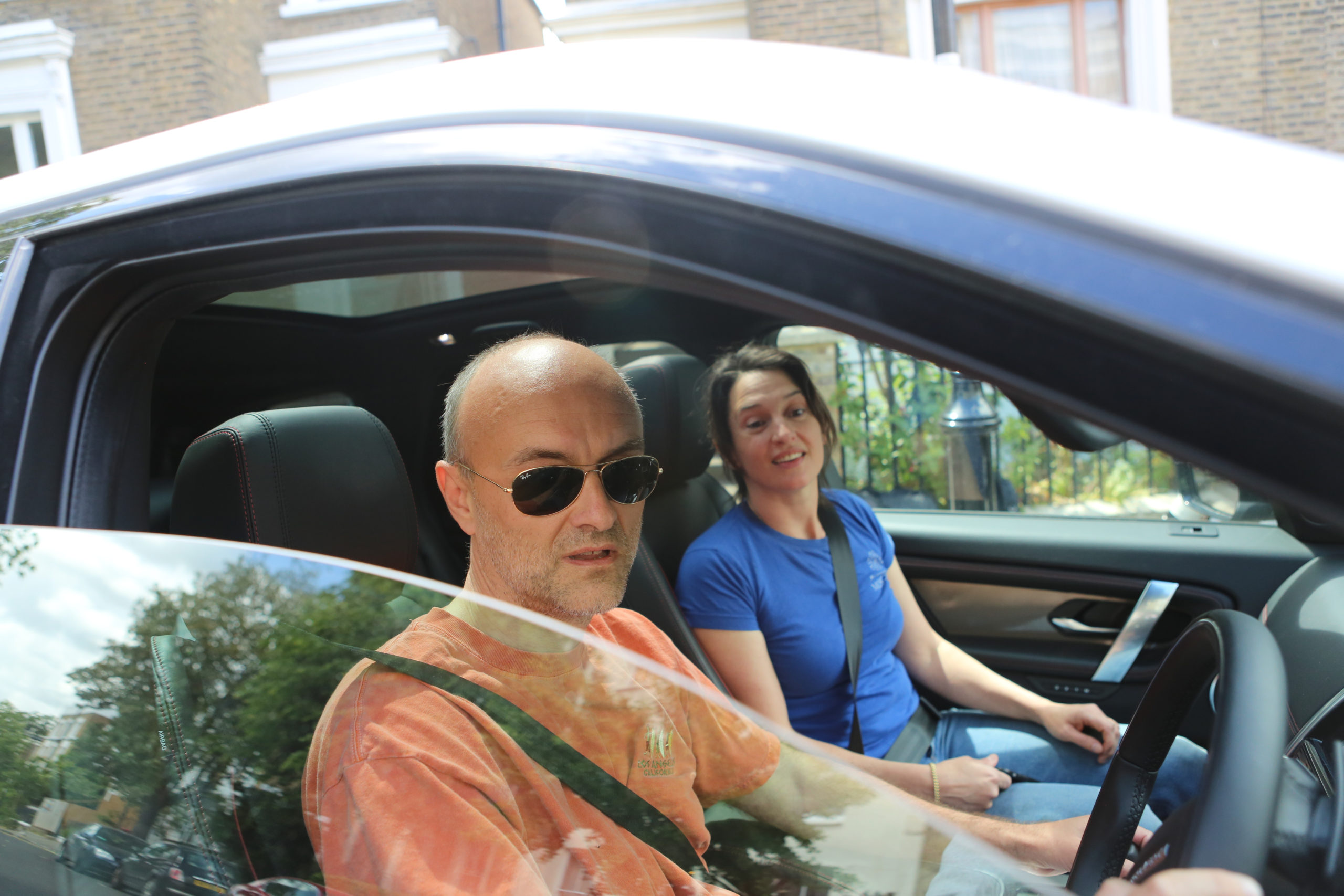
Image Source/The Sun
Unfortunately, he developed COVID symptoms on 28 March. Interestingly, on Easter Sunday (12 April), he drove from his family farm to Barnard Castle to test his eyesight. This trip included 10 to 15 metres walk from his car to the riverbank.
“I wasn’t sightseeing.”
“My wife was very worried, particularly as my eyesight seemed to have been affected by [Covid-19]. She did not want to risk a nearly 300-mile drive with our child, given how ill I had been.
“We agreed that we should go for a short drive to see if I could drive safely.”
His Actions Led To Explosive Reactions From Fellow Politicians, Government Officials And The People
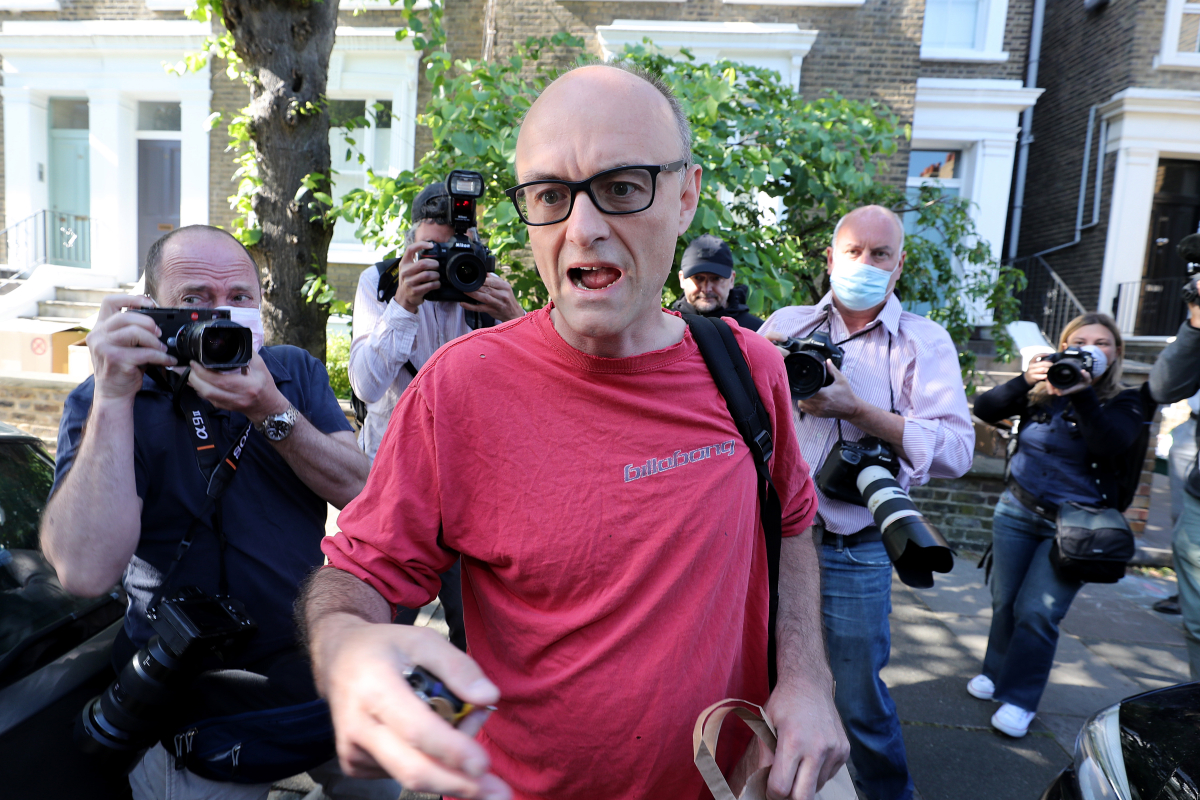
Image Source/The Stars Post
Naturally, many people expressed their dissatisfaction over Dominic Cummings’ irresponsible behaviour during the lockdown which put public health to jeopardy.
COVID-19 is infecting more and more people and the situation is grave. Like many others, Good Morning Britain host, Kate Garraway’s husband is currently battling hard with the disease.
According to the leader of the opposition, Keir Starmer,
“It is an insult to sacrifices made by the British people that Boris Johnson has chosen to take no action against Dominic Cummings. The public will be forgiven for thinking there is one rule for the prime minister’s closest adviser and another for the British people.”
On The Other Hand, Dominic And The PM Think His Acts Were Reasonable…
Dominic held a press conference to explain his side of the story.
It’s true, I’m #NotSorry. Now get back to work poor people! #ToriesLovePoories
— Dominic Cummings (@DominicCumins) May 25, 2020
“I don’t regret what I did, I think what I did was reasonable in these circumstances, I can understand that some people watching the media will be very upset, I understand the hardship and sacrifice the country has gone through.”
“The rules make clear that if you are dealing with small children that can be exceptional circumstances and the situation I was in was exceptional circumstances”.
Interestingly, PM Boris Johnson strongly believes that Dominic would have acted responsibly and legally and with integrity and with the overwhelming aim of stopping the spread of the virus and saving lives.
Ultimately, Durham Police revealed that Dominic didn’t commit an offence by driving to Durham. However, the drive to Barnard Castle may be considered just a minor breach of regulation as there has not been any breach of the social distancing rules during the whole journey.
Moving On, Let’s Take A Peek Into Dominic Cumming’s Background…
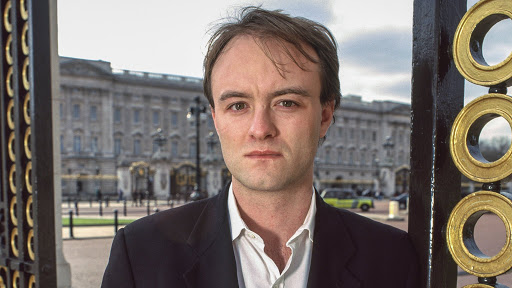
Image Source/Financial Times
Dominic Cummings was born to Robert, an oil rig project manager and Morag, a behavioural specialist on 25 November 1971. He studied at Durham School and Exeter College, Oxford.
He married Mary Wakefield, a British journalist in December 2011 and the couple has a son named Alexander Cedd.
Dominic worked as a special advisor to Michael Gove from 2007 until Prime Minister David Cameron demoted Michael Gove from Education Secretary to Chief Whip in 2014.
Here’s Who Is Dominic Cummings In His Own Words!
In his personal blog, Dominic had described himself rather elaborately and what could be better than to hear it from himself!
“I read Ancient & Modern History at Oxford University (graduated 1994), I worked in Russia 1994-7 on various projects, I was Director of Research then Campaign Director of Business for Sterling and the ‘no’ campaign (to stop Britain joining the euro) 1999-2002.”
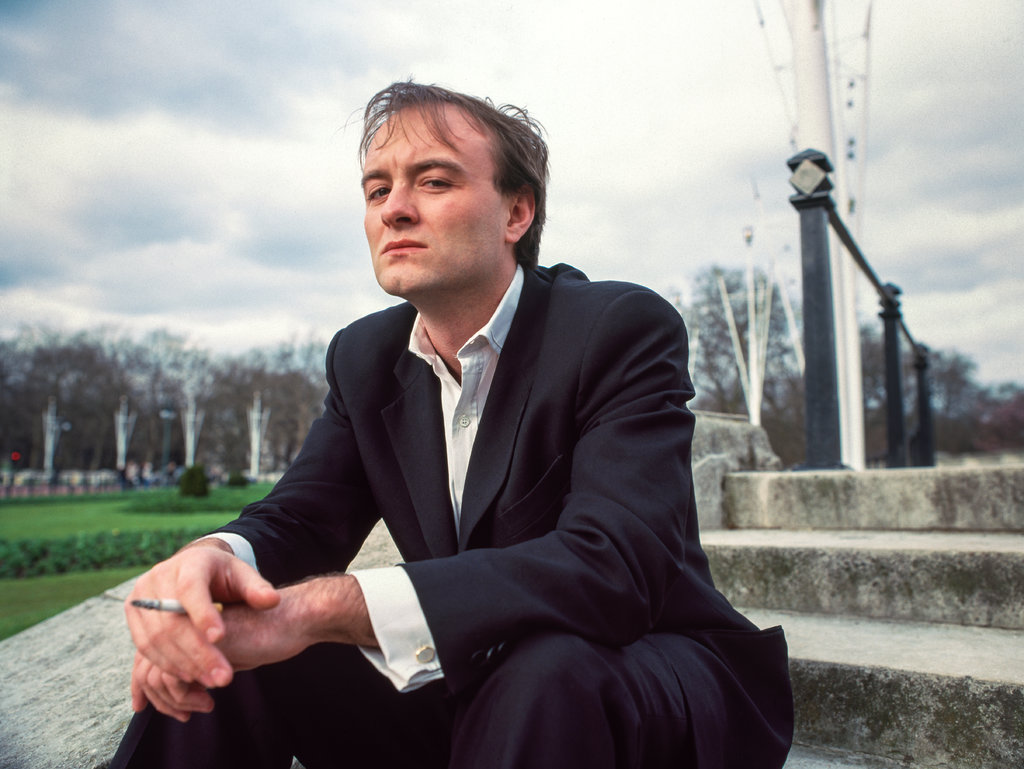
Image Source/The New York Times
“I worked on various projects 2003-7, including trying to stop the EU Constitution being enacted (2004-5) and helping to run the referendum campaign against the North East Regional Assembly (2004) which won 80-20.
“I was Michael Gove’s main adviser September 2007 – January 2014, with a break May 2010-December 2010. (NB. BBC people in particular: I said in September 2013 I was leaving and I left voluntarily in January 2014, do not put me in your lists of ‘people who were fired’ as you are prone to.)
“I have never been a member of a political party.”
“This page gives an Index of various things I’ve written.
“In 2015/16 I ran the official leave campaign in the EU referendum, Vote Leave.
“I run a company, North Wood, that tries to solve problems (management, political, communication).”
Dominic’s Political Views
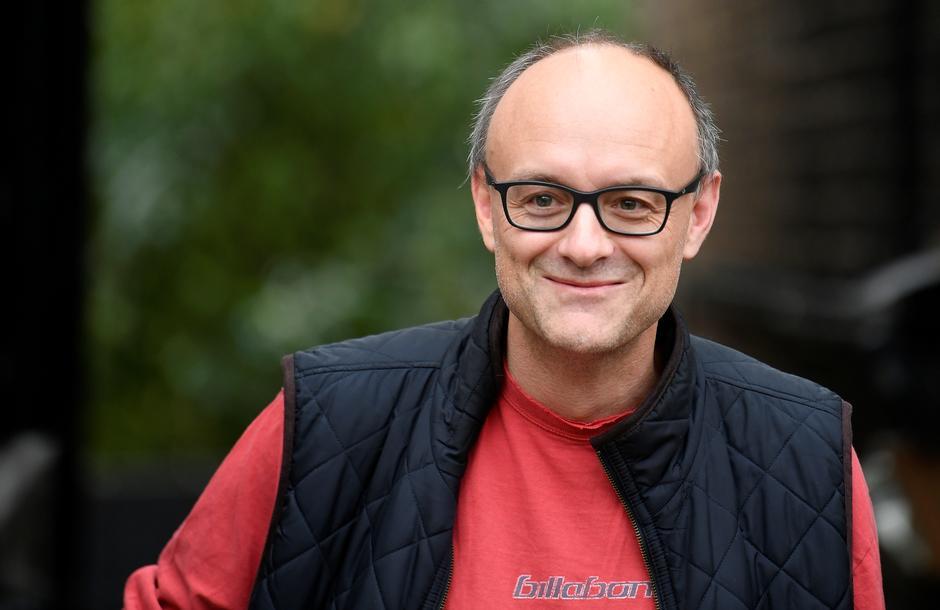
Image Source/Reuters
Obviously, he is not a part of any party. But, what are his views or how does he work?
“I’ve never been a party person. I’m not Tory (Conservative), libertarian, ‘populist’ or anything else. I follow projects I think are worthwhile.”
He also seems to have rather strong views on skills and knowledge amongst politicians and decision-makers.
“Most politicians, officials, and advisers operate with fragments of philosophy, little knowledge of maths or science (few MPs can answer even simple probability questions yet most are confident in their judgment), and little experience in well-managed complex organisations.
“The skills and approach to problems of our best mathematicians, scientists, and entrepreneurs are almost totally shut out of vital decisions.”
Apparently, the problem is on putting too much trust in unfit people and institutions.
